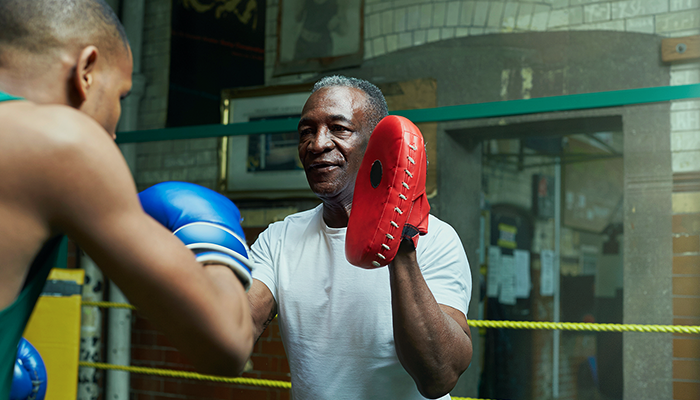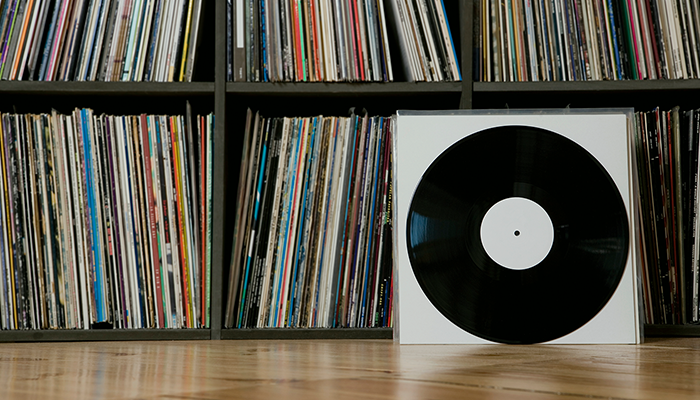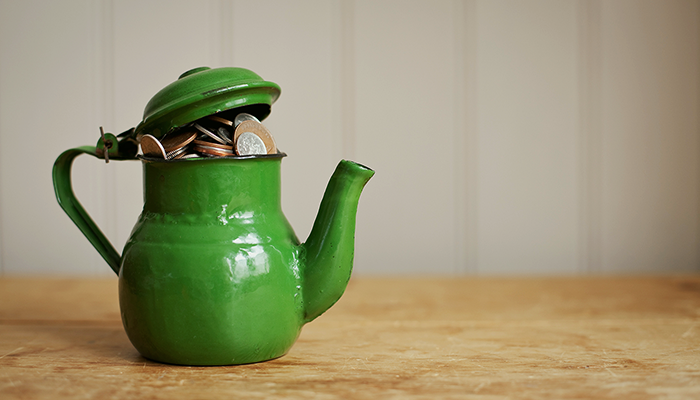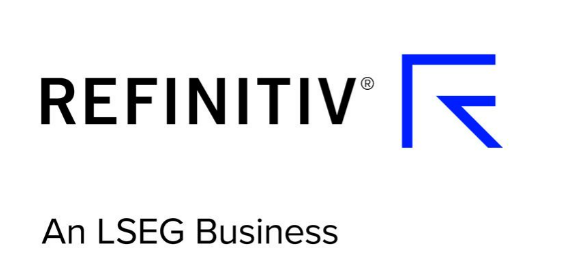Why cash is important in your portfolio
- 3 min reading time

Keeping cash in your portfolio not only lets you take advantage of investment opportunities, but also helps to limit the amount you could lose if stock markets fall.
What you will learn
When an investor has too much cash in their portfolio, it can limit its potential for growth. However, a small amount can be very useful.
Unlike other types of investment, cash doesn't have to be sold in order to be used. That means you can access your money extremely quickly, and without its value being affected, whether that is to pay an emergency bill or take advantage of an investment opportunity.
The disadvantage of cash is that it offers little potential for growth, even if it is held in a savings account. When interest rates are low, cash can gradually lose value over time.
Did you know?
How much cash should you keep in your portfolio? Investors often keep enough to cover living expenses for six months.
The question is how much cash should you hold in your portfolio? The exact proportion will depend on factors such as:
One useful guide for investors is that they should keep the equivalent of up to six months of living expenses in cash. Beyond that, it makes sense to invest in other asset classes.
Using cash to invest
When you have cash in your portfolio and you find an investment such as a stock or fund that you want to buy, you can do so almost immediately – instead of waiting days, weeks or even months.
Compare this to an investment such as property, which is an asset that you would have to sell to access your money. Depending on the market conditions, a property sale can take time. If you need to sell quickly, you might have to accept a lower sale price.
Shares in stock market-listed companies are more easily turned into cash as they can be sold quickly on an exchange at a price within a few pennies of their market value. It does, however, depend on the type of company – shares in some AIM (Alternative Investment Market) companies can be harder to sell than shares in FTSE 100 companies.
Selling one asset to buy another can also result in unnecessary transaction fees. You'll have to pay two lots of dealing fees – both selling and buying – instead of just one.
Your buffer against market shocks
Cash also acts as a buffer for your portfolio. If you have only invested in shares (equities), you'll be more affected by any fall in the market than if you have diversified across shares, bonds and cash.
In general, someone who has less time to invest their money – say, because they want to retire in three years – should focus more on cash than someone who is saving for their retirement in 40 years' time.
This is because the less time you have available to let your money grow, the less you'll be able to recover from sudden market downturns.
Having access to cash also avoids the need to sell stocks or bonds in an emergency and lets you take advantage of buying opportunities. To find out more about how to blend cash with other assets, read our guide to asset allocation here.
Any information provided should not be considered personal advice. Past performance is not a guide to future performance. You may not get back the full amount you invest. If you have any doubts about making your own investment decisions, seek financial advice.

























